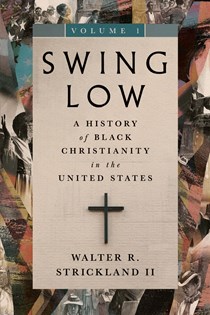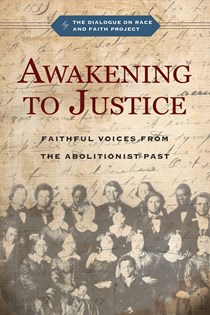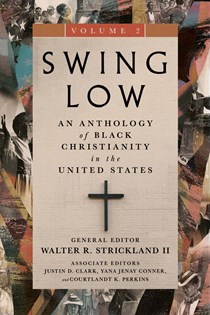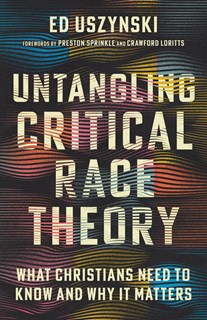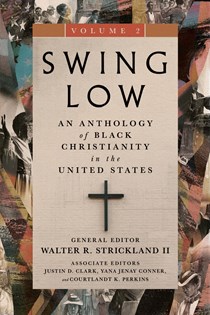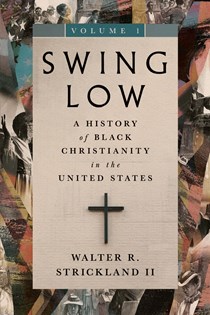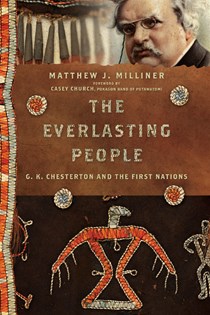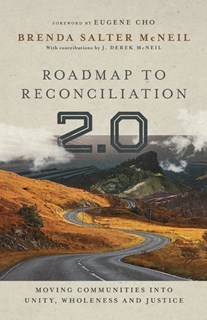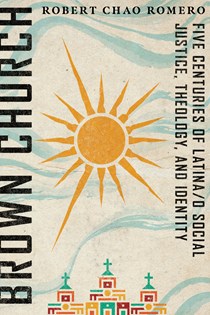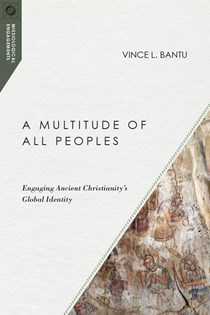History
-
Swing Low, volume 1
A History of Black Christianity in the United States
Swing Low Set
by Walter R. Strickland II
The dynamic witness of the Black church is an essential part of Christian history. In this groundbreaking two-volume work, Walter R. Strickland II presents a theological-intellectual history of African American Christianity. Volume 1, a narrative history, explores five theological anchors of Black Christianity from the 1600s to the present.
-
Awakening to Justice
Faithful Voices from the Abolitionist Past
by The Dialogue on Race and Faith Project, Jemar Tisby, Christopher P. Momany, Sègbégnon Mathieu Gnonhossou, David D. Daniels III, R. Matthew Sigler, Douglas M. Strong, Diane Leclerc, Esther Chung-Kim, Albert G. Miller, and Estrelda Y. Alexander
The Dialogue on Race and Faith project presents groundbreaking scholarship on the writings of David Ingraham and his two Black colleagues, James Bradley and Nancy Prince. Through considering connections between the revivalist, holiness, and abolitionist movements, they offer insight and hope for Christians concerned about racial justice.
-
Swing Low, volume 2
An Anthology of Black Christianity in the United States
Swing Low Set
General Editor Walter R. Strickland II
Associate Editor Justin D. Clark, Yana Jenay Conner, and Courtlandt K. PerkinsThe dynamic witness of the Black church is an essential part of Christian history. In this groundbreaking two-volume work, Walter R. Strickland II presents a theological-intellectual history of African American Christianity. Volume 2, an anthology of historical primary sources, allows us to listen to Black Christianity in its own words.
-
Untangling Critical Race Theory
What Christians Need to Know and Why It Matters
by Ed Uszynski
Foreword by Preston Sprinkle and Crawford LorittsWhat is Critical Race Theory, and how should Christians engage it? Ed Uszynski carefully unpacks what critical race theorists seek to accomplish and what Christians can learn from them. In this guide, he carefully explores CRT's roots, context, and tenets, revealing common distortions and providing responsible answers to legitimate concerns.
-
Swing Low, volume 2
An Anthology of Black Christianity in the United States
Swing Low Set
General Editor Walter R. Strickland II
Associate Editor Justin D. Clark, Yana Jenay Conner, and Courtlandt K. PerkinsThe dynamic witness of the Black church is an essential part of Christian history. In this groundbreaking two-volume work, Walter R. Strickland II presents a theological-intellectual history of African American Christianity. Volume 2, an anthology of historical primary sources, allows us to listen to Black Christianity in its own words.
-
Swing Low, volume 1
A History of Black Christianity in the United States
Swing Low Set
by Walter R. Strickland II
The dynamic witness of the Black church is an essential part of Christian history. In this groundbreaking two-volume work, Walter R. Strickland II presents a theological-intellectual history of African American Christianity. Volume 1, a narrative history, explores five theological anchors of Black Christianity from the 1600s to the present.
-
The Everlasting People
G. K. Chesterton and the First Nations
Hansen Lectureship Series
by Matthew J. Milliner
Contributions by David Iglesias, David Hooker, and Amy Peeler
Foreword by Casey ChurchHow might the life and work of Christian writer G. K. Chesterton shed light on our understanding of North American Indigenous art and history? In these discerning reflections, art historian Matthew Milliner appeals to Chesterton's life and work in order to understand and appreciate both Indigenous art and the complex, often tragic history of First Nations peoples.
-
Roadmap to Reconciliation 2.0
Moving Communities into Unity, Wholeness and Justice
by Brenda Salter McNeil
Contributions by J. Derek McNeil
Foreword by Eugene ChoWe can see the injustice and inequality in our lives and in the world. But how, exactly, does one reconcile? Based on her extensive work with churches and organizations, Rev. Dr. Brenda Salter McNeil has created a roadmap to show us the way. This revised and expanded edition shows us how to take the next step into unity, wholeness, and justice.
-
Brown Church
Five Centuries of Latina/o Social Justice, Theology, and Identity
by Robert Chao Romero
The Latina/o culture and identity have long been shaped by their challenges to the religious, socio-economic, and political status quo. Robert Chao Romero explores the "Brown Church" and how this movement appeals to the vision for redemption that includes not only heavenly promises but also the transformation of our lives and the world.
-
A Multitude of All Peoples
Engaging Ancient Christianity's Global Identity
Missiological Engagements
by Vince L. Bantu
Christianity is not becoming a global religion—it has always been one. Vince Bantu surveys the geographic range of the early church's history, investigating the historical roots of the Western cultural captivity of the church and the concurrent development of diverse expressions of Christianity across Africa, the Middle East, and Asia.


